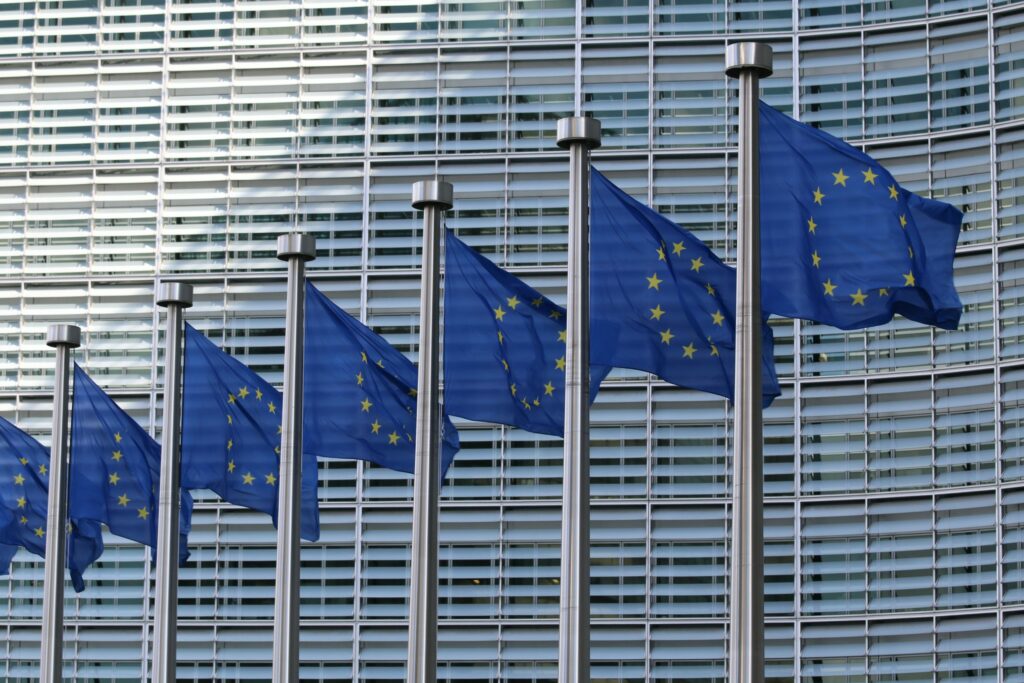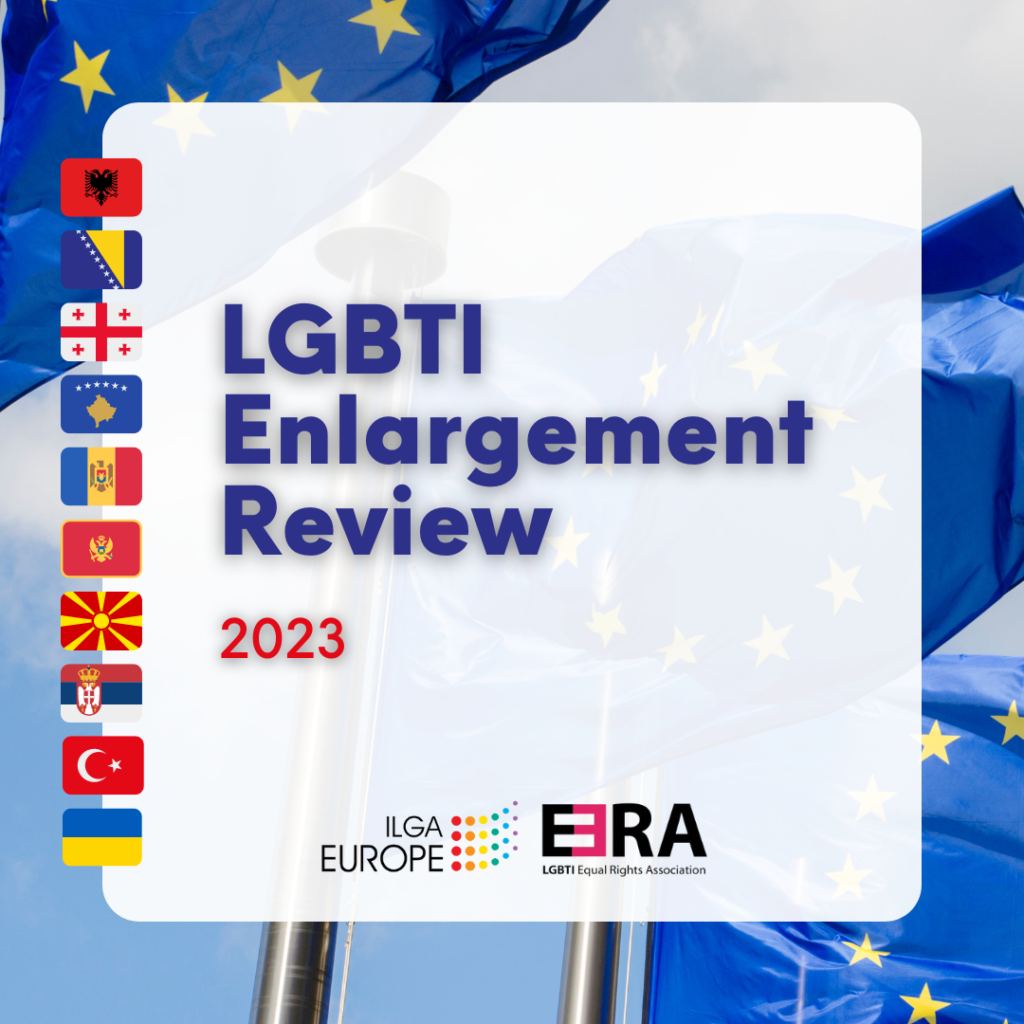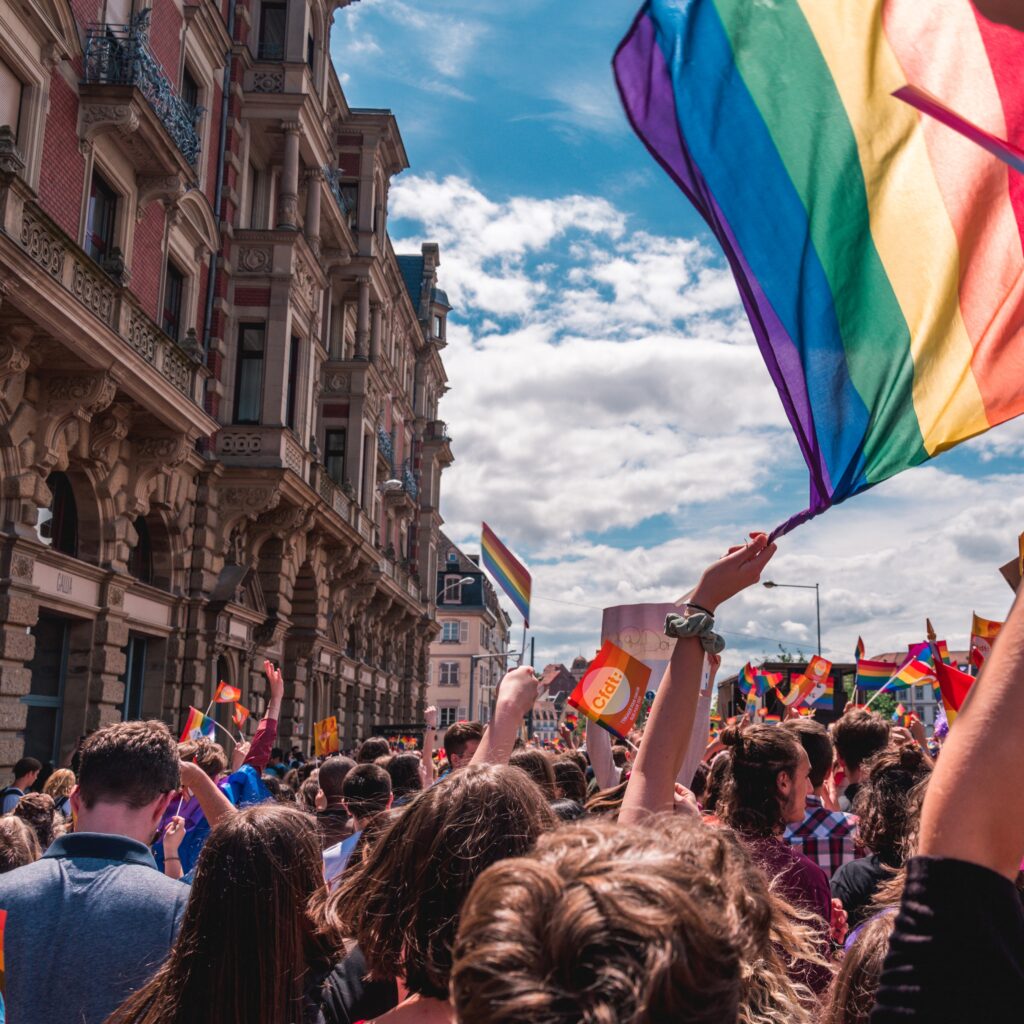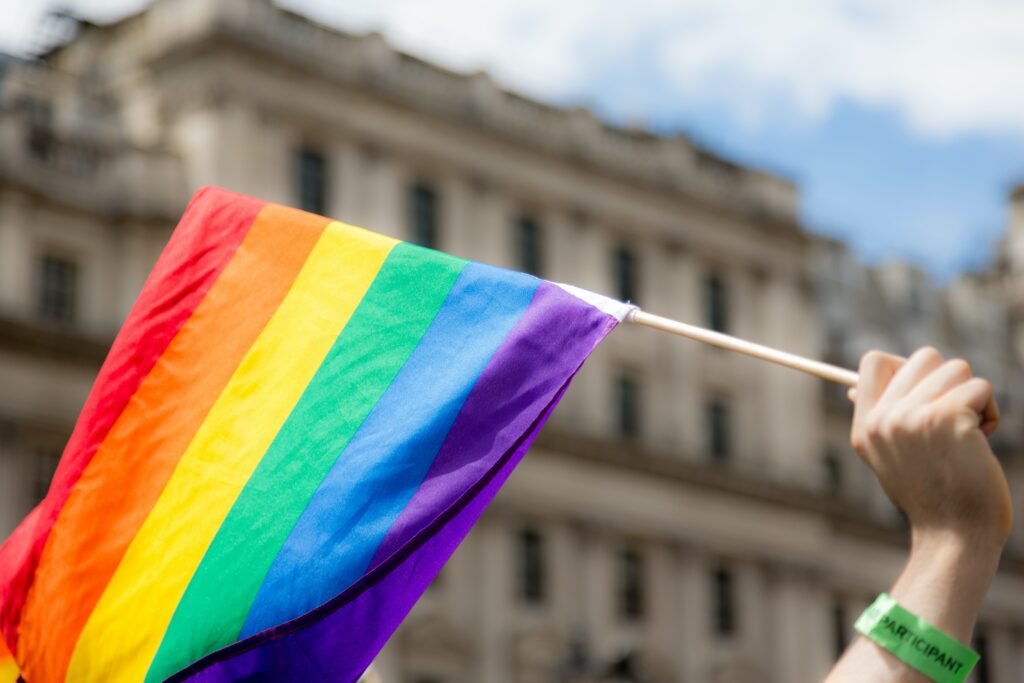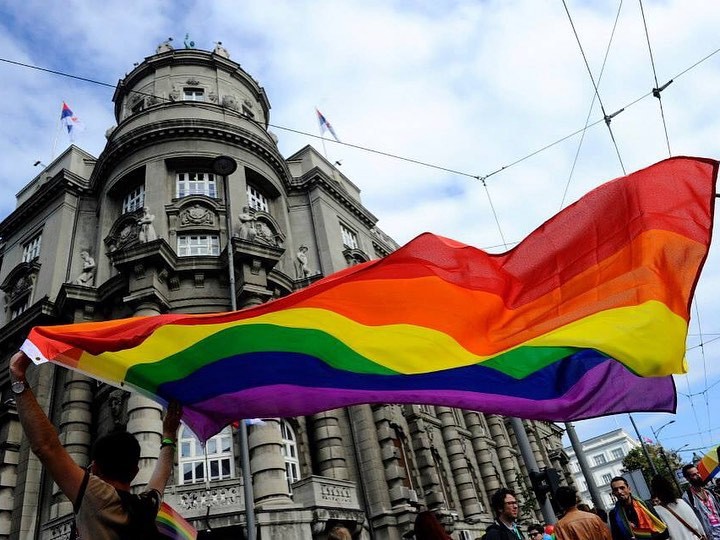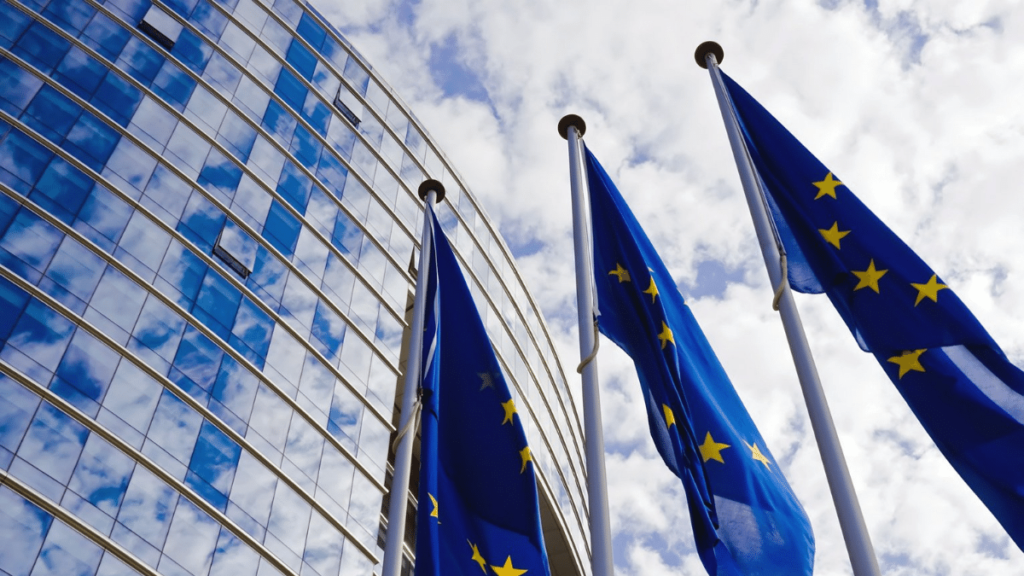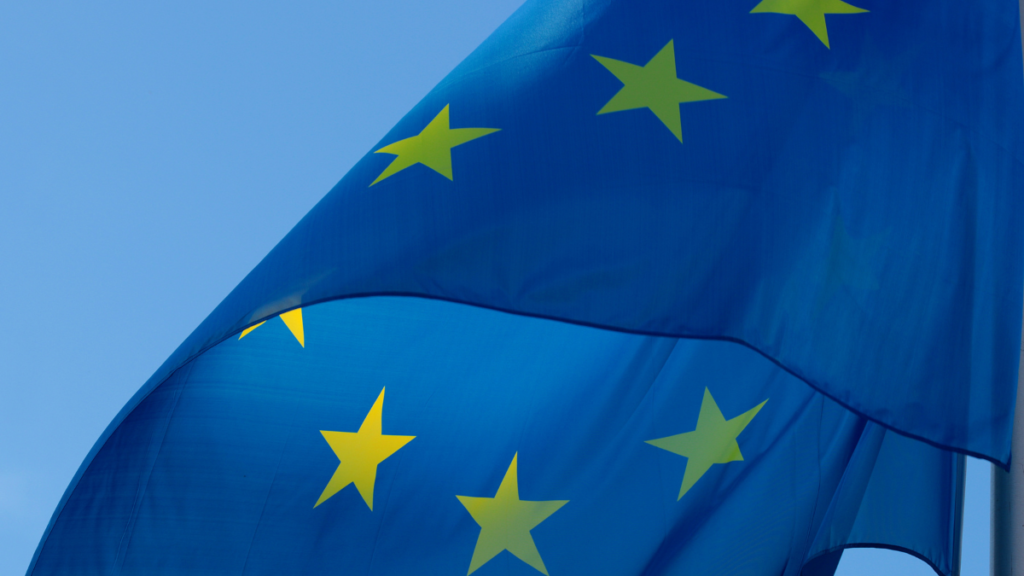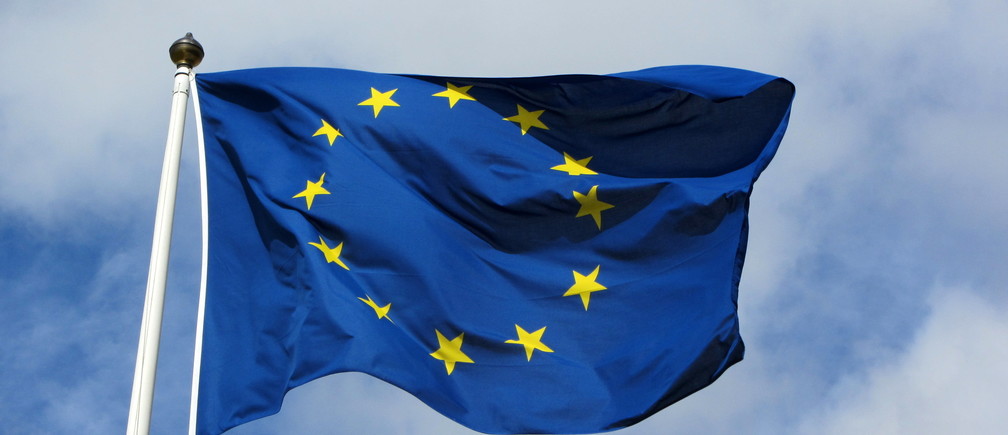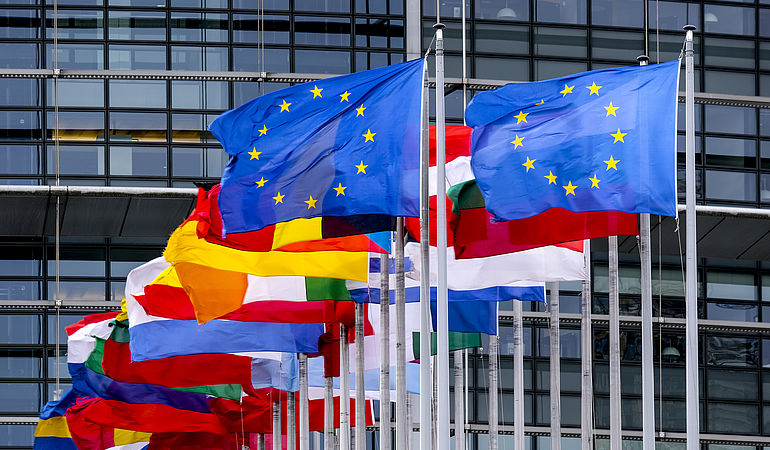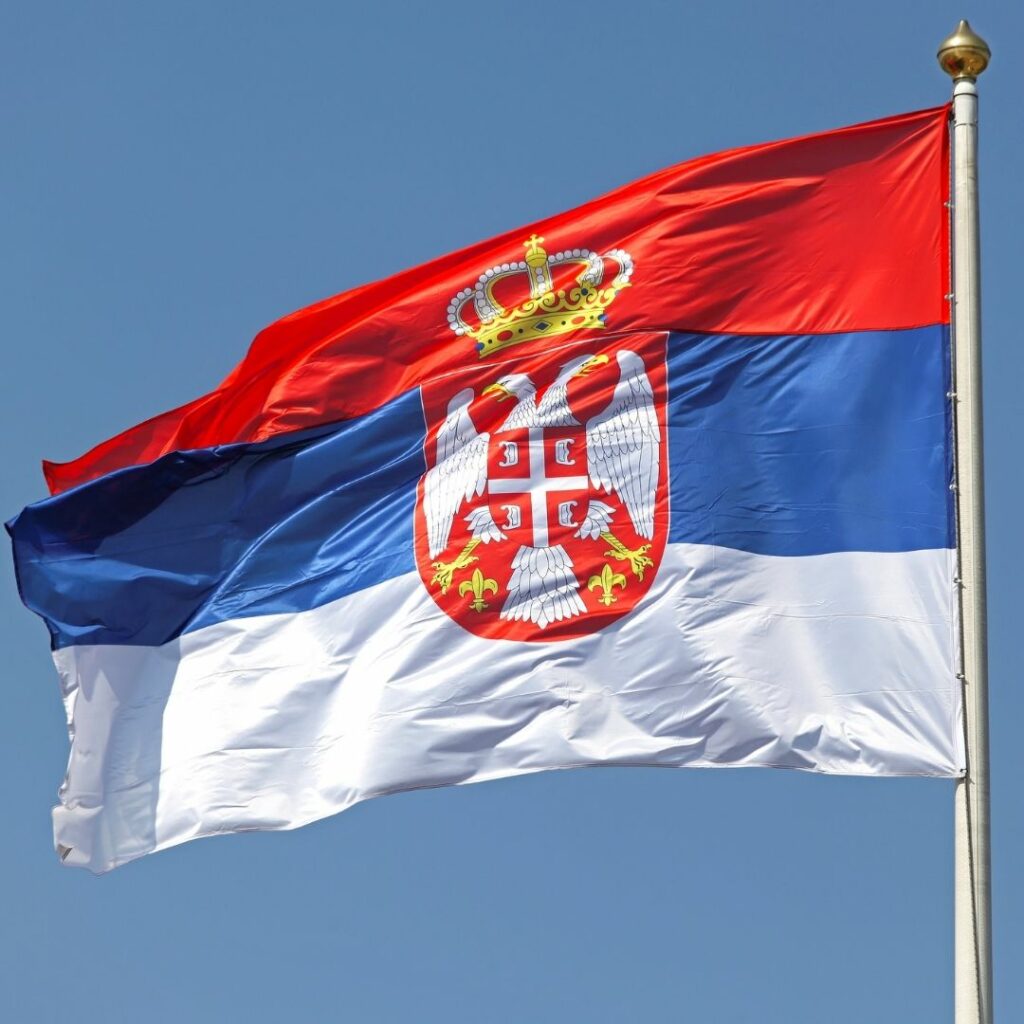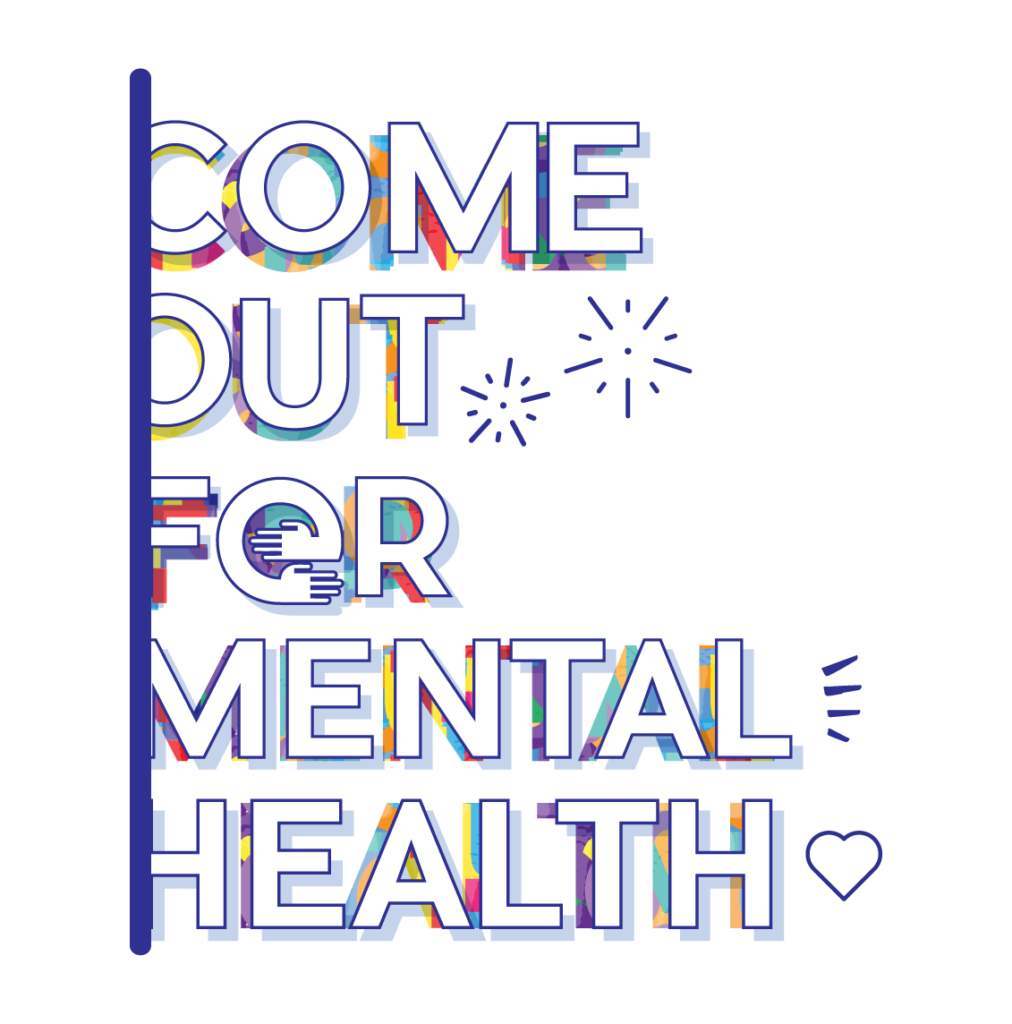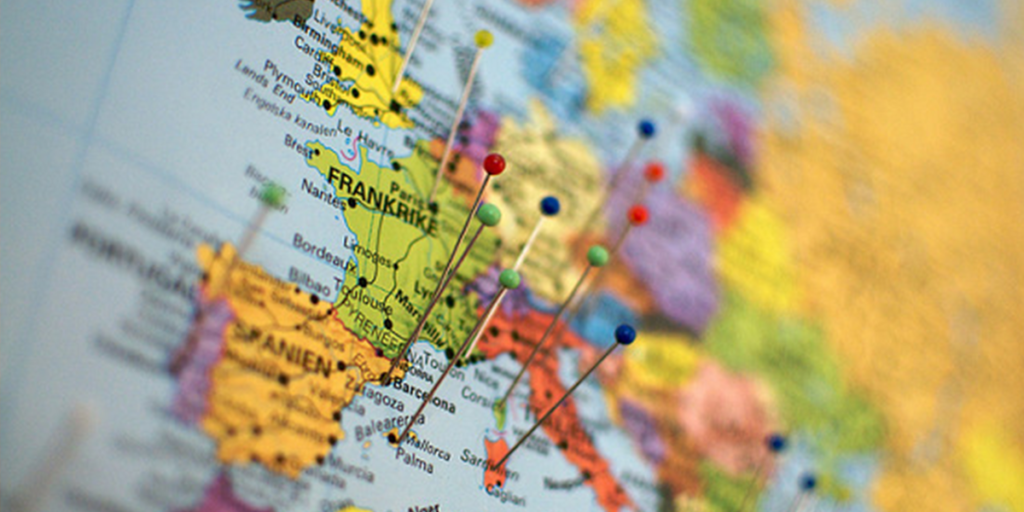Serbia
Categories Score
The full bar chart stands for 100%, and is filled by the country category score. The colour display uses the traffic light palette, with Green representing a score closer to 100% and Red a score closer to 0%.
ASYLUM
This category looks into laws that expressly include SOGISC as a qualification criteria for seeking asylum. We also take into account other legislation, policies, instruction or positive measures by state actors that are related to asylum addressing the needs and rights of LGBTI asylum seekers and refugees.
Criteria Compliance Ratio
Each pie charts stands for a category and is divided in slices by criteria. When a country complies with a criteria – fully or in some regions – the slice is coloured.
Keep in mind the criteria have different weighting factor within a category; for example, the criteria Prohibition of medical intervention without informed consent (intersex) stands for half (2.5%) of the INTERSEX BODILY INTEGRITY category weighting factor (5%). Meaning that even if a country can only comply with this specific criteria within the category (1/4 total criteria) the category scores 50%.
More information on the categories and criteria weighting factors here.
Category & Criteria Table
The table lists detailed information and insights on legislation supporting each criterion status. Please use the filters for in-depth analysis.
n/a = not applicable, meaning the criteria didn’t exist in the previous Rainbow Map edition (PROGRESSION column)
- Complies
- Applicable in some regions only
- Does not Comply
RECOMMENDATIONS
In order to improve the legal and policy situation of LGBTI people in Serbia, ILGA-Europe recommend:
- Adopting legal measures to recognise and protect same-sex couples, such as registered partnership.
- Reforming the legal framework for legal gender recognition to be fair and transparent, based on a process of self-determination and free from abusive requirements (such as GID/medical diagnosis, medical intervention, compulsory sterilisation or compulsory divorce).
- Ensuring adherence to and respect for the current legal framework regarding incidents motivated by homophobia and transphobia.
Annual Review OF Serbia
In our Annual Review of the Human Rights Situation of LGBTI People in Europe and Central Asia, we examine the advances made and provide concrete examples of on-the-ground situations at national level country-by-country in the 12 months from January to December 2024.
Read our Annual Review of Serbia below for more details and stories behind the Rainbow Map. You can also download the Annual Review chapter (.pdf) covering Serbia.
-
In Serbia, trans people face challenges accessing testosterone due to supply chain disruptions, with shortages of Testosteron Depo, a critical HRT medication. Advocacy groups are working with Galenika, the manufacturer, to address these issues and ensure consistent availability.
-
The publication “Hate Speech of Politicians Towards the LGBTQI+ Community in Serbia” offers a detailed analysis of 70 instances of hate speech made by politicians about the LGBTI population in Serbian media between April 2023 and April 2024.
-
In January, the Pride Info Centre in Belgrade was attacked by a masked individual who shattered its front windows.
In September, the Pride Info Centre in Belgrade announced it would cease operations due to a lack of financial and institutional support, making its continued sustainability impossible. The centre became a symbol of resistance and hope for the LGBTI community in Belgrade, despite facing almost daily threats, insults, and over 20 attacks since 2018, none of which were properly sanctioned by the Ministry of the Interior.
-
A survey conducted by Zoomer revealed widespread discrimination against trans, non-binary, and gender-diverse people in Serbia’s job market. The survey highlighted that three-quarters of those surveyed fear job interviews due to anticipated discrimination, while half reported having encountered discrimination in their workplaces. The findings also indicated that one-third of respondents felt that employers were emboldened to violate their labour rights because of their gender identity.
-
Rainbow Ignite played a key role in the research “The Economic Case for LGBTQ+ Inclusion in Serbia,” conducted by Open for Business, by offering insights and data on the socio-economic challenges faced by the LGBTI community in Serbia. The study revealed that discrimination and inadequate inclusion cost Serbia between RSD 42.8–47.3 billion (364.3–402.6 million Euro) annually, representing up to 0.70% of the GDP.
-
In March, the Green-Left Front (ZLF) in Serbia proposed a bill for civil partnerships, aiming to grant same-sex couples equal rights, including inheritance, property relations, and healthcare access. Highlighting systemic discrimination and lack of government support, ZLF emphasised that the bill aligns with human rights principles and addresses widespread public support for such measures, as seen in prior surveys. They also criticised the government’s silence during Pride week and urged legislative and societal change to recognise LGBTI partnerships as legitimate families. As of December, the bill had not been adopted.
-
In September, thousands took to the streets in Belgrade for the Pride march, demanding legislation to recognise same-sex unions and gender identity rights. Participants pointed to the persistent prejudice and stereotypes that continue to affect Serbian society. During the event, police separated a group of counter-protesters opposing the march. Nonetheless, organisers criticised the silence of state bodies and institutions on the rising hardships encountered by the LGBTI community in Serbia, calling for political representatives to express their support for events like the Pride march.
-
In February, Serbia’s Interior Ministry announced that the Prosecutor’s Office would investigate claims of police misconduct. This decision followed the alleged beating and humiliation experienced by two LGBTI people during an apartment search in Belgrade.
In February, two LGBTI individuals in Belgrade were subjected to police brutality, including abuse, torture, and sexual harassment, during a police search of their apartment. In early March, several hundred Serbian LGBTI activists and supporters gathered in Belgrade to protest the incident, demanding the criminal prosecution of the involved officers and quicker sanctions against police who commit violence.
The full Annual Review for 2025 is available here.

